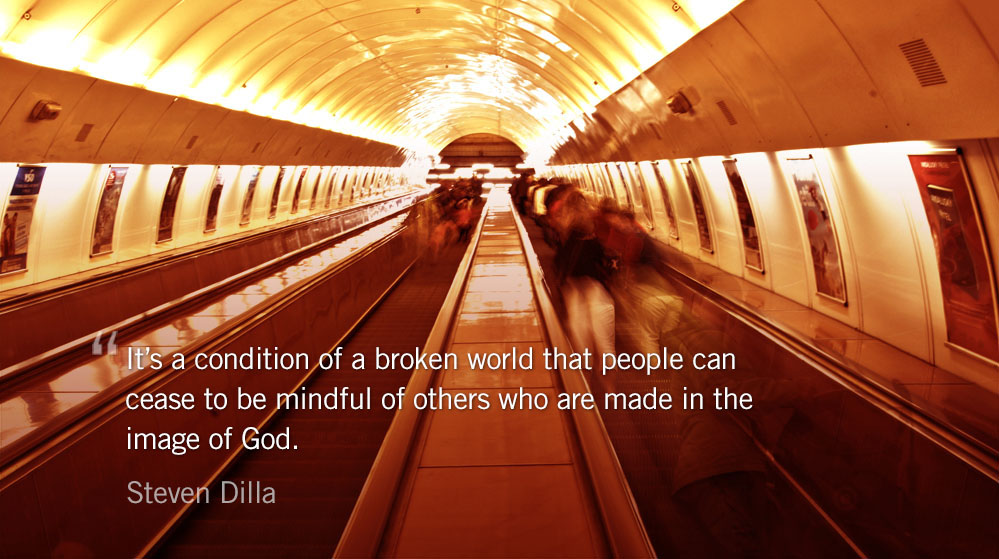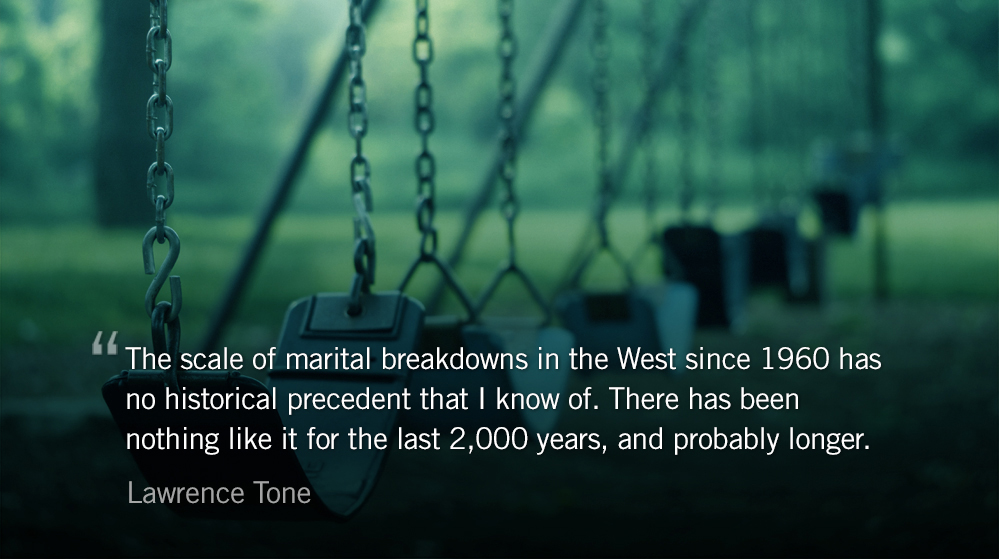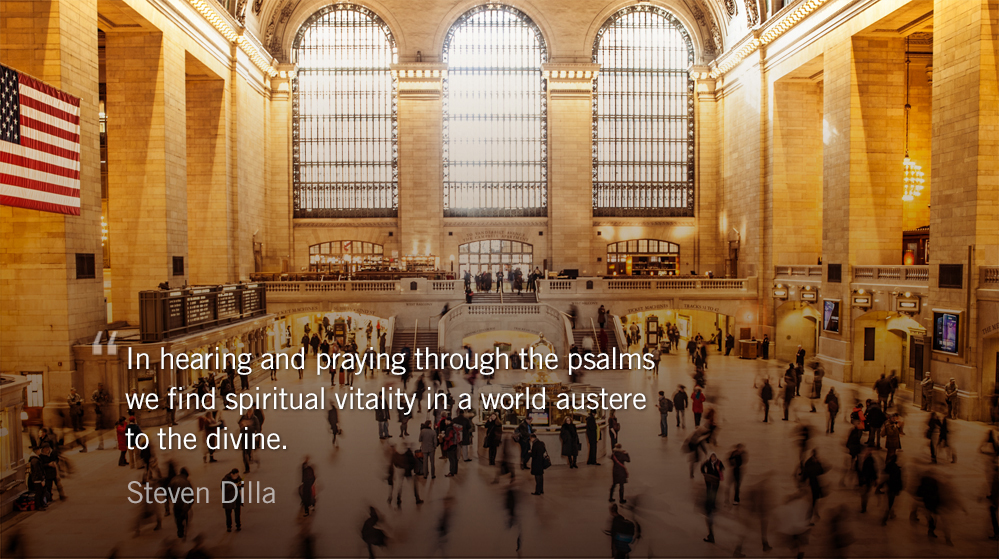As I grow old I find that I am more conscious than ever of my need to pray, but it seems at the same time to become more of a struggle.
―Elisabeth Elliot
Scripture: Psalm 107.1-3
He led them by a straight way till they reached a city to dwell in. Let them thank the Lord for his steadfast love, for his wondrous works to the children of man! For he satisfies the longing soul, and the hungry soul he fills with good things.
Reflection: Why Do We Need the Leading of the Spirit?
By Thomas Jacomb (1622–1687)
The leading of the Spirit—O, how highly necessary is it! Who can be without it?
What becomes of the poor blind man that has none to guide him? Of the weak child that has none to uphold it? Alas! the poor sinner, in both respects, does more need the Spirit’s leading inwardly, than either of these need external leading.
Such is our spiritual blindness—our aptness to wander, our ignorance of our way, our liableness to fall down. Without a divine hand to guide us, we are lost. Such, too, is our spiritual debility and weakness, as that, if the Spirit of God do not hold us up in our going, “taking us by our arms,” we fall immediately. How absolutely necessary, therefore, is the Spirit’s leading, both for direction and also for sustentation!
Christian prudence, caution, and circumspection, is our duty; but do we lay the stress of our confidence upon that? “The steps of our strength shall be straitened, and our own counsel shall cast us down.” So long as you think [that] you can go by yourself, the Spirit will not take you by the hand to lead you.
Would you have him to lead you? O, let your trust and reliance be upon him; and see that you renounce all confidences in yourselves. He who thinks he has wisdom or grace enough in himself to “order his conversation aright,” shall never find the Spirit to be a guide to him.
Pray much for this grace of the Spirit. How much was David in prayer to God for this!
- “Lead me in thy truth, and teach me.”
- “Lead me, O Lord, in thy righteousness; make thy way straight before my face.”
- “For thy name’s sake lead me, and guide me.”
- “Lead me in the way everlasting.”
- “Teach me to do thy will; for thou art my God: thy Spirit is good; lead me into the land of uprightness.”
O, what a desirable mercy is this leading mercy! Will you not every day make this your request?
The Call to Prayer
Come, let us sing to the Lord; … For the Lord is a great God, and a great King above all gods. —Psalm 95.1, 3
– From The Divine Hours: Prayers for Summertime by Phyllis Tickle.
Full prayer available online and in print.
Today’s Readings
Deuteronomy 20 (Listen – 2:55)
Psalm 107 (Listen – 4:12)






